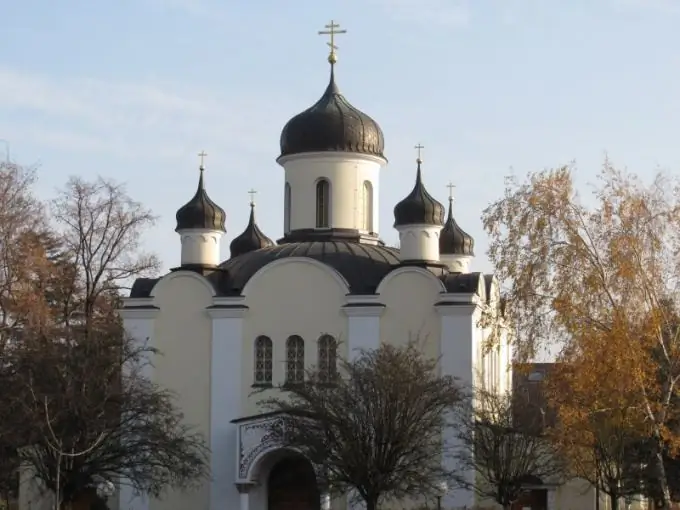- Author Antonio Harrison [email protected].
- Public 2023-12-16 07:44.
- Last modified 2025-01-22 21:44.
The full name of this holiday is the Day of Slavic Literature and Culture. It is dedicated to the memory of Saints Cyril and Methodius. It was they who brought the alphabet to the Slavs.

Instructions
Step 1
In different Slavic countries, this holiday falls on different dates. In the Czech Republic, it is celebrated on July 5, in Bulgaria - on May 24. In Russia, it has also been celebrated on May 24 since 1986. However, in our country, the celebration can last for several days (that's why they talk about the days of Slavic culture). Every year a “capital” is chosen to host it. And each of the city centers can have their own dates. As a rule, the days of Slavic culture begin about a week before May 24 and end, respectively, on the day of remembrance of the saints. In some cities, they can celebrate for a whole month.
Step 2
Since the holiday is cultural, libraries and museums actively participate in it, which prepare special exhibitions and various actions. Saints Cyril and Methodius are also remembered in educational institutions, for example, at the philological faculties this becomes an annual tradition. We owe our writing to these historical figures, therefore poetry readings are often held at the end of May. At the same time, actors and musicians give performances. Often these days they express solidarity with other Slavic peoples.
Step 3
The church also takes an active part in the celebration. In honor of the saints-enlighteners, temples and monuments are being opened. Solemn services are held in the churches. Cyril and Methodius are revered not only as the creators of writing, but also as disseminators of the Christian faith. They were ministers and traveled throughout Europe for missionary purposes. By the way, they received the names Cyril and Methodius after being tonsured a monk, in the world they were called Constantine and Michael. Nowadays, the issue of combining religious and secular holidays is actively discussed, but the brothers-educators still played a significant role in the history of our state.






